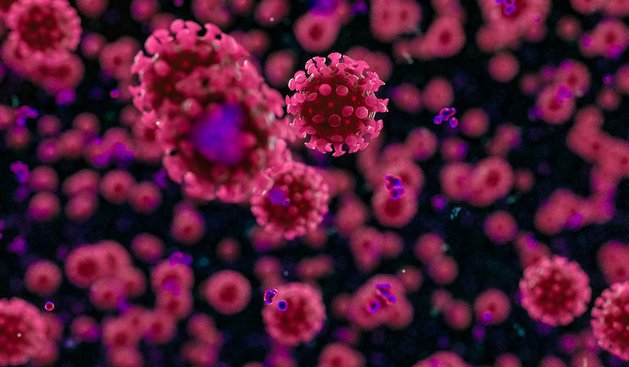
8 Rules to Deal With COVID-19
8 Rules to Deal With COVID-19
1. We can’t stop it.
It is very likely that in the coming year or two, you or at least half of the people in your home will get the virus. The drastic measures to reduce the spread of the virus are good attempts to delay the full wave. This will give the medical community lead time to develop better treatment, and hopefully a vaccine. Then if/when we finally do get it, the doctors are better equipped.
2. We can slow it down.
The virus spreads through the airborne or surface-clinging saliva droplets of an infected person. Avoiding bodily contact greetings like hugs, kisses and handshakes, washing one’s hands many times a day, keeping your own hands from your face, and keeping distance from other people are effective ways to reduce the spread. Let us both practice and preach to others these means of delay.
3. Get healthy in advance.
Since the oldest and the most immune-compromised people are especially vulnerable to a worse outcome, it pays to optimize one’s health beforehand. Exercise, good sleep, healthy eating, getting the flu-shot, and immune-supplements are ways to do this.
4. Keep it to yourself.
If you’re sick in any way, prevent the spread. Wear a face-masks if you must go into public (the only people who need these masks are the sick). Find out about getting a Covid-19 test. Stay at home.
5. Deter the secret-spreaders.
Promise any lower-income employees they won’t lose their job if they stay at home because of having a respiratory sickness. We don’t want money-desperate people going out into public and keeping their illness a secret for fear of losing their income.
6. Prop up your emotional health.
The surest way to bring on or worsen depression is to avoid warm contact with people, especially in the darker, colder winter months. This is exactly what will happen. Commit to voice-messaging, and face-timing people as a substitute for real contact. Fill your mind with positive thoughts. Exercise if you’re well enough.
7. Think ‘we’ not ‘me’.
Wide-spread disasters are either an opportunity for gross self-preservation or for inspiring other-centred concern. If everybody’s default response is ‘save myself’ we’re all in greater trouble. In the words of the Gladiator: ‘Whatever comes out those gates, we’re better able to face it if we stick together.’
8. Fear not.
In a study on the emotional effect of war, it is the fear of an imminent war that hits people the hardest – most terror happens here, before the calamity has even really arrived. Once the war actually arrives, a settled courage and calm often settles onto people. The fear-laded anticipation of the virus only wears you out, making you less able to deal with the stress if/when the virus actually hits your home. Shake off the anxiety in whatever way you can. If you have faith in God, now’s a good time to lean into it.
Bonus point for parents:
My wife just taught my kids the importance of hand-washing with soap like this:
Step 1: Put water in a bowl and sprinkle lots of pepper on it.
Step 2: Tell your kids that those little speckles in the water are like a virus, only the real virus is invisible.
Step 3: Get the kids to dip their finger in the speckled water then take it out.
Step 4: Ask them if they can find any “virus” on their fingers. (Yes, they can.)
Step 5: Get them to lathe their virused finger in soap.
Step 6: Ask them to dip their soapy finger in the speckled water.
Step 7: They all say ‘wow’ as the pepper scurries away from their soapy finger. You then explain that, with the virus around, they must wash their hands with soap as much as possible. While they do so, they should sing the Happy Birthday song twice – that’s enough time to really wash hands properly. (My kids have already changed the words to ‘Happy Deathday to flu’!)

